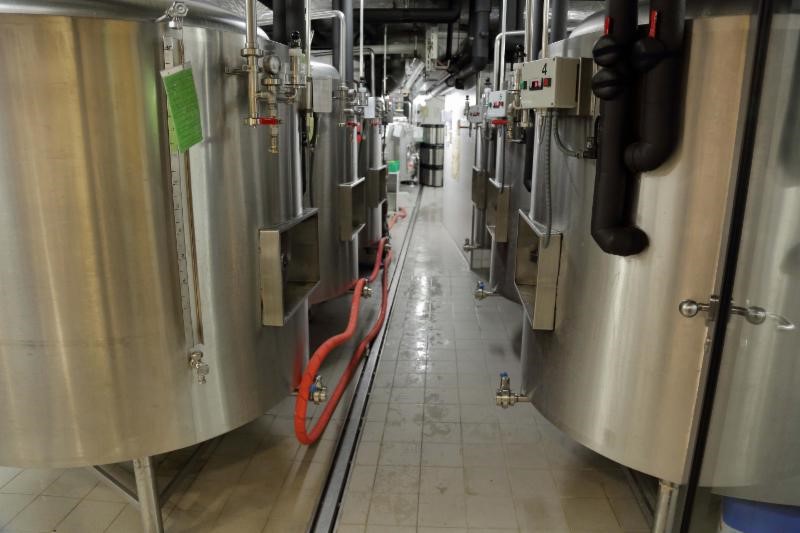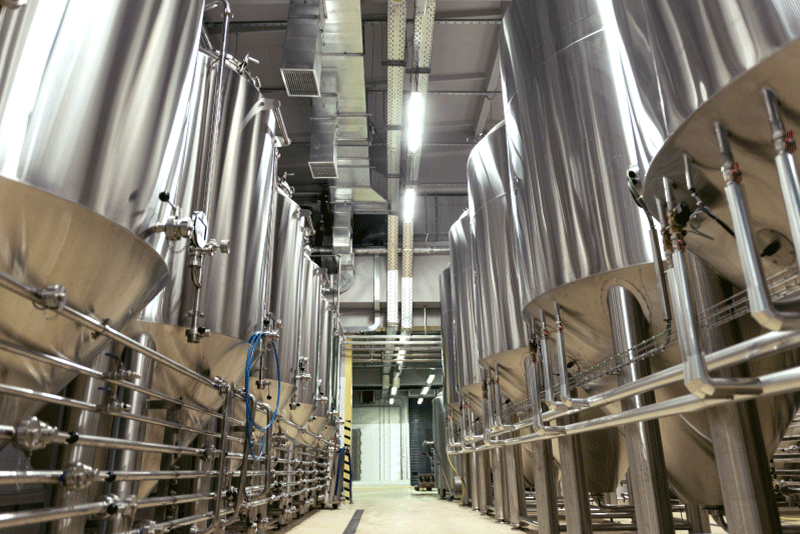Craft brewery wastewater challenges
It is common for craft breweries to create five to ten times more wastewater than the beer they package and sell. The impact of this on a wastewater treatment plant can be equivalent to 10,000 – 20,000 people. For most small towns, the municipal plant is not designed to handle that much load. Municipalities are faced with the difficult decision of supporting growth in a local business or imposing fines to cover the cost of treating this high strength wastewater.
WATEQ Solutions is a modular, chemical-free system designed for easy installation and maintenance, making wastewater management simple and efficient for craft breweries. It overcomes a variety of challenges in this sector, such as:
- Extremely limited space in production facilities to install treatment equipment.
- Limited knowledge/experience of wastewater treatment and water reuse by brewery staff.
- Limited experience with best practices in water conservation and wastewater management.
- High operating costs due to chemicals, energy consumption and the need for highly skilled operators.
- High water-to-beer ratio.
- High capital expense.
WATEQ’s System removes solids, yeasts, phosphorus and nitrogen from the wastewater stream by integrating several processes. An equalization tank balances out extreme spikes in pH, suspended solids, and biochemical oxygen demand (BOD) from brewing and cleaning operations. This provides reasonably consistent water for treatment in a proprietary multi-treatment module (MTM). The chemical-free MTM eliminates >95% of suspended solids and removes up to 60% of dissolved BOD and nutrients. After processing in the MTM, the wastewater moves into the bio polishing unit, which combines aerobic and anaerobic biological digestion in a compact, above-ground process. Treated water can then be safely discharged or collected for reuse in the facility.
The chemical-free solution helps cut rising fees for water and wastewater, reducing the added cost of treatment chemicals and improving water consumption and environmental impact. It also helps municipal wastewater treatment facilities from being over-burdened by brewery wastes.


